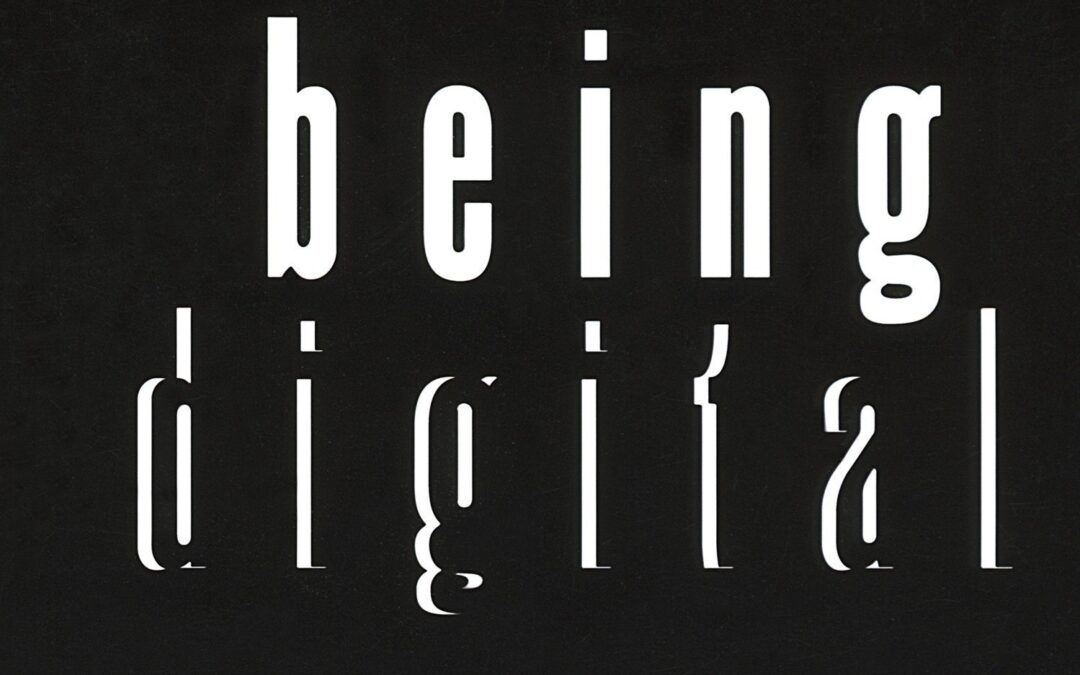
by Nicholas Mitsakos | Book Chapter, Currency, Digital Assets, Technology, Writing and Podcasts
Gold is built on a collective belief in its value. There is nothing fundamentally “inherent” in the price attributed to gold other than an agreed-upon value. The same is true with Bitcoin and other crypto. In fact, it’s fair to say that all asset prices are fundamentally based on the collective belief about value regardless of some perceived upon “inherent” value.
The pervasiveness of crypto as it exits a somewhat self-contained digital world and has institutional investor attention forming a basis for far-reaching financial transactions establishes it more as an economic force much more than a financial sideshow.
Game Theory contends that people act collectively if they believe others are doing the same. Essentially, the theory holds that many situations provide a clue, called a “focal point” around which people coordinate their actions, even if there is no explicit agreement to do so. As John Maynard Keynes has said, picking investments is much like guessing the winner of a beauty contest. It is not a matter of what you think, but it is predicting who most people think the winner should be. This is how markets move and it is based on a fundamental tenet of game theory.

by Nicholas Mitsakos | Book Chapter, Currency, Digital Assets, Writing and Podcasts
“Being Digital,” the groundbreaking book by Nicholas Negroponte described what happens to a global economy when all assets can be digitized. Presciently predicting the impact on music, film, retailing, and commerce in general, Negroponte intuitively understood the disruption and the creative/destruction that would be unleashed when a globalized infrastructure could deliver all products and services, including assets and intellectual property, instantly via a worldwide digital infrastructure and network.
The same “digital” effect is impacting global finance today. Now, all financial assets are “being digitized” and can be delivered instantly on a global infrastructure, fundamentally upsetting the world’s largest industry with unprecedented creativity and destruction.
Crypto assets are the manifestation of that digital form. While there is debate about whether or not an asset can truly be “digital,” the market has spoken. While there will be continued volatility, speculation, creation, and destruction, a digital platform for financial transactions ranging from the simple transfer of funds to complex financial transactions, investment, and lending are here, disrupting a multiple trillion-dollar industry.

by Nicholas Mitsakos | Book Chapter, Currency, Digital Assets, Investments, Writing and Podcasts
Bitcoin is an innovative, rapidly expanding network for storing and exchanging value among investors.If it’s an asset, does it have an inherent value, like gold? Arguments about “inherent value” are, and always will be, meaningless. Is there really some kind of “inherent value” in gold? We just decided it was valuable to us. The same is happening with Bitcoin.
It’s a cryptoasset that has the safe haven characteristics of gold and will potentially compete with it for a place in portfolios. Bitcoin is not a currency and will not be adopted as a new medium of exchange. It is not a stable store of value, nor can it be easily transmitted and exchanged for any good or service at a consistently predictable value. But, that’s not important from an investor’s perspective. Bitcoin remains incredibly volatile, and its correlation with other major assets has been inconsistent, but allocations are seen as suitable among an increasing number of investment professionals, and, increasingly, it is seen as an alternative investment equivalent to a derivative or other call options, given the potential for spectacular returns. The downside is well-defined while the upside can be asymmetric and significant.



